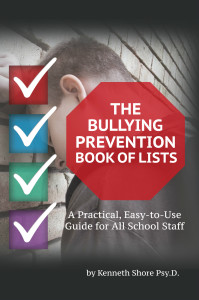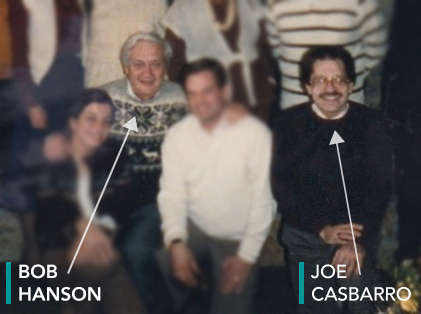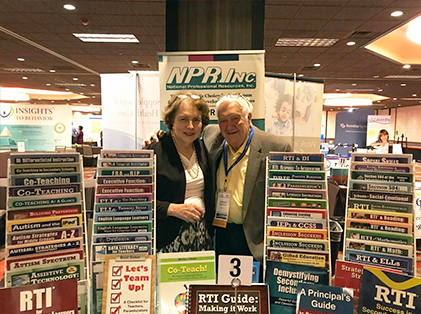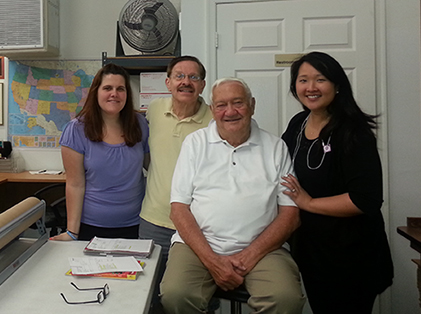In the modern educational landscape, educators and administrators alike are working to improve the classroom — and with it, the way children are shaped from an early age. When it comes to building a better future, growing the strongest minds starts with educational equity — a just, fair and equal system that offers opportunities to all students. Here’s why equity is vital in the modern classroom:

1. Removes Socio-Political Barriers
For years, researchers have tried to figure out what role a child’s socioeconomic status plays in their education. Of course, they cannot find a black-and-white answer to the question. Some students from lower brackets will succeed in academia. But many will perform sub-standardly because they don’t have the right resources.
These results do come with caveats — cognitive function is something that’s transmitted genetically, for one thing. However, children from higher socioeconomic standing tend to have more support at home and at school, which gives them a better chance of succeeding.
Rather than emphasizing different student backgrounds, equity in education helps to remove some of these factors and level the playing field for students. Fair, equal opportunities and treatment give children the chance to soar academically, regardless of where they come from.
2. Encourages Diversity
Depending on their region, background or school district, not all students have the opportunity to be exposed to a variety of cultures, races, genders, languages and backgrounds from a young age. Educational equity ensures that students from all backgrounds have access to the same resources in the same place — and by doing so, it provides essential cultural exposure for all children. Equal education is something every child deserves — and diversity is what every child needs to become an open-minded adult.
3. Promotes Personalized Learning
Not everyone learns the same way — educational equity accounts for that fact. Rather than a standardized curriculum that assumes every child’s style will be the same, the future should see us tailoring lessons to suit the way children learn best. There are several ways to solidify lessons to young learners. UNESCO lists social participation, reflection, practice and active engagement among the methods that allow kids to learn most effectively.
We live by these principles already — as adults, we find work that relies on our unique learning style, and educational equity offers future generations a better chance of this career success.
4. Teaches Acceptance
According to The Guardian, parents shouldn’t teach their children that race doesn’t matter. Instead, they should promote equality and equal treatment — and not shelter children from society’s challenges. This way, children are informed, empathetic and equal-minded from an early age.
Equity in education can help improve this situation. Rather than developing their opinions in a restrictive environment, kids will feel more open to those around them. They will learn to accept everyone’s different learning styles, backgrounds, races, genders and other qualities as natural and positive. Sitting in a classroom and collaborating with different people will only make our kids grow up into better, more sympathetic adults.
5. Offers a Better Future

The future starts in the classroom — and the best future for the classroom is educational equity. By offering the same support, access, resources and opportunities to every student — regardless of their situations — we lay the groundwork for a brighter, more inclusive future.
About the Author
Alyssa Abel is an education blogger with an interest in experiential learning, educator resources, early education and higher education. Follow her updates for students and educators alike on her website, Syllabusy.





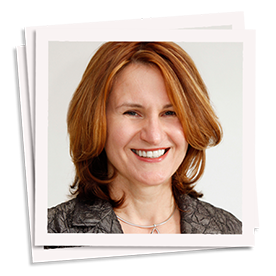
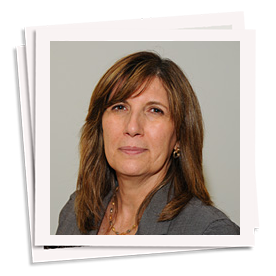

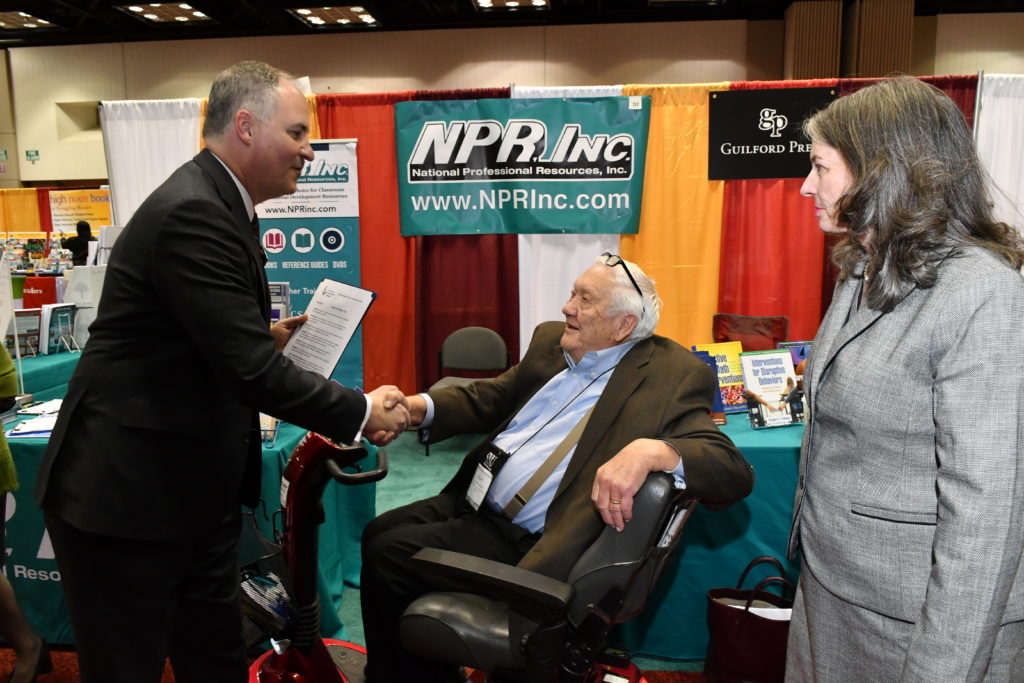
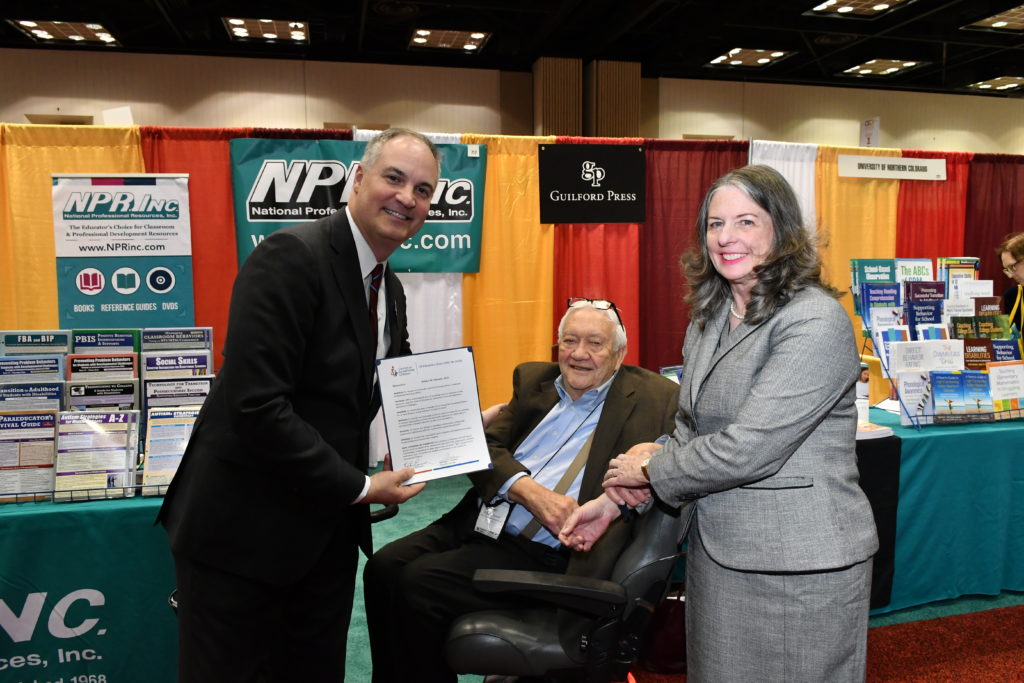
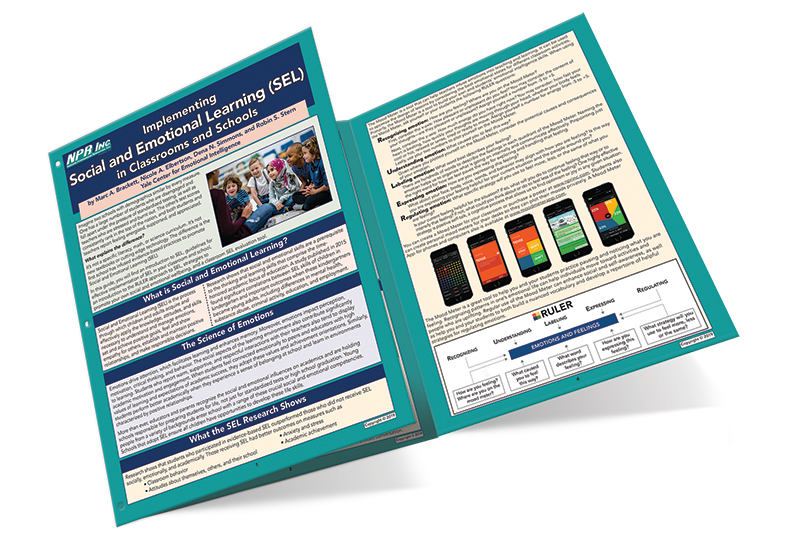
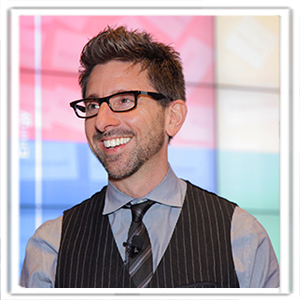 Lead author
Lead author 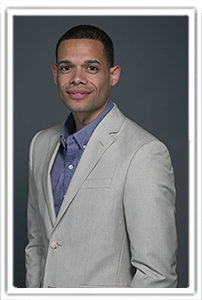 Interest in restorative practices (also known as restorative justice) is at an all time high, with more and more schools looking or required to replace ineffective exclusionary discipline practices with a pro-active, student-centered model that builds strong relationships, promotes accountability, and improves overall school climate. In our very first free webinar, Rufus Lott III, a former school administrator who is an expert in restorative practices, presented an hour-long webinar on the topic.
Interest in restorative practices (also known as restorative justice) is at an all time high, with more and more schools looking or required to replace ineffective exclusionary discipline practices with a pro-active, student-centered model that builds strong relationships, promotes accountability, and improves overall school climate. In our very first free webinar, Rufus Lott III, a former school administrator who is an expert in restorative practices, presented an hour-long webinar on the topic.